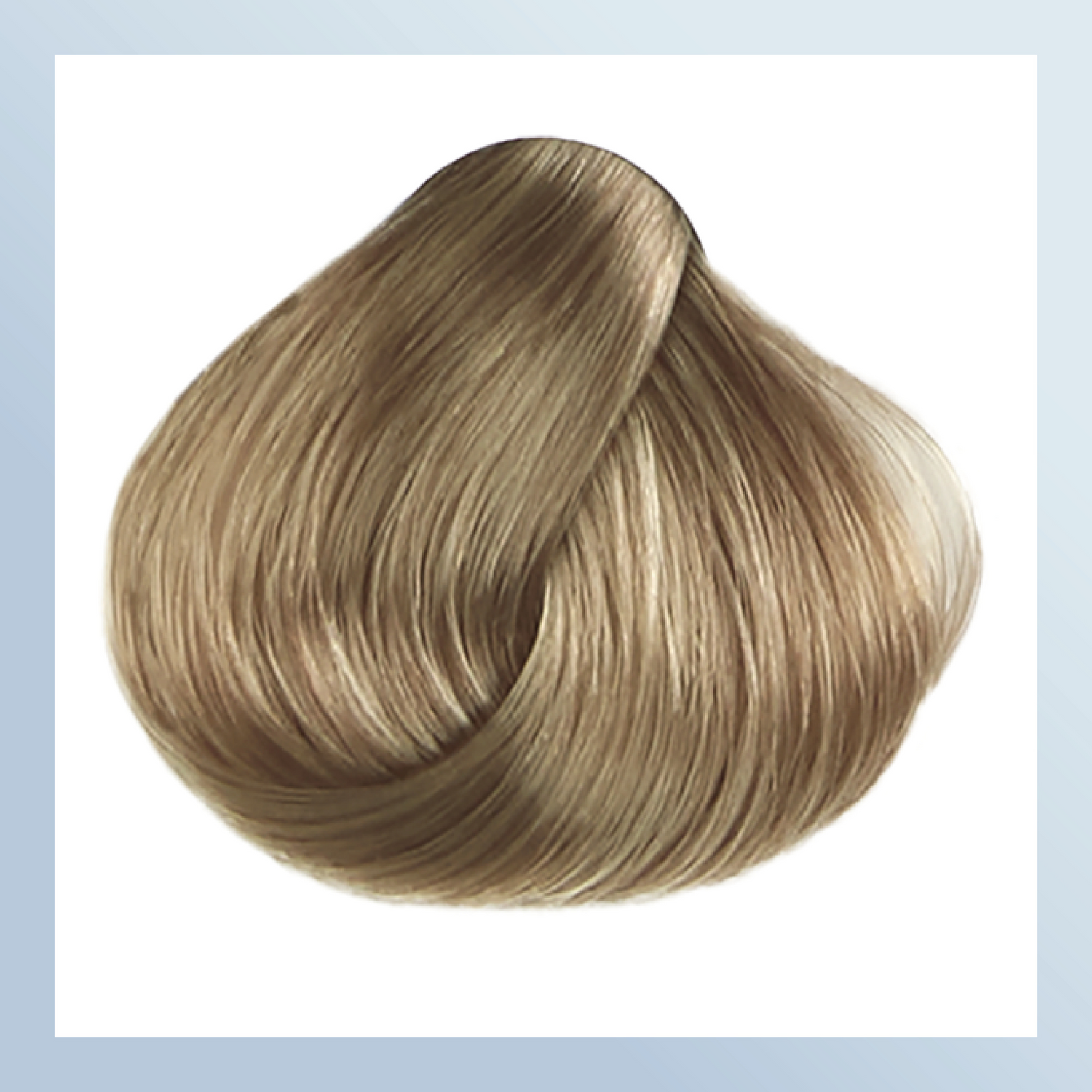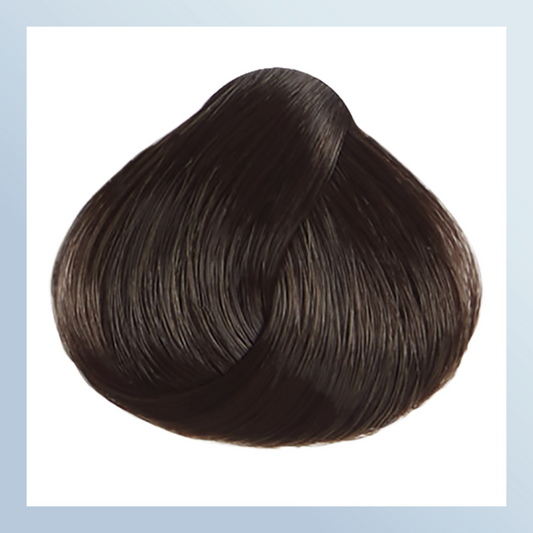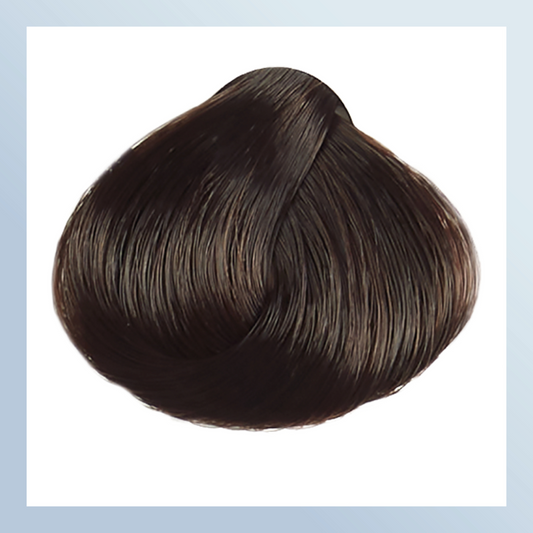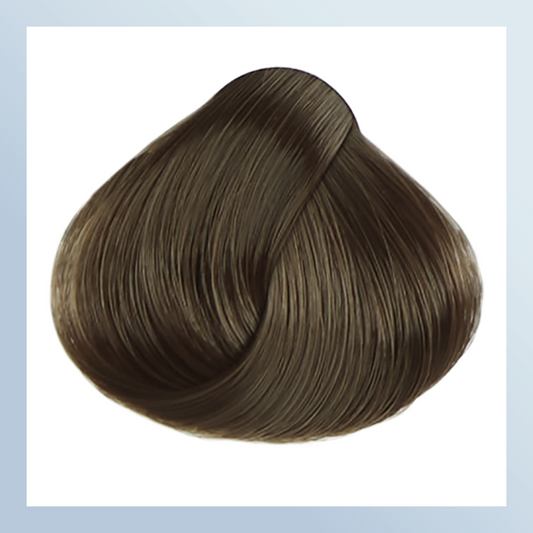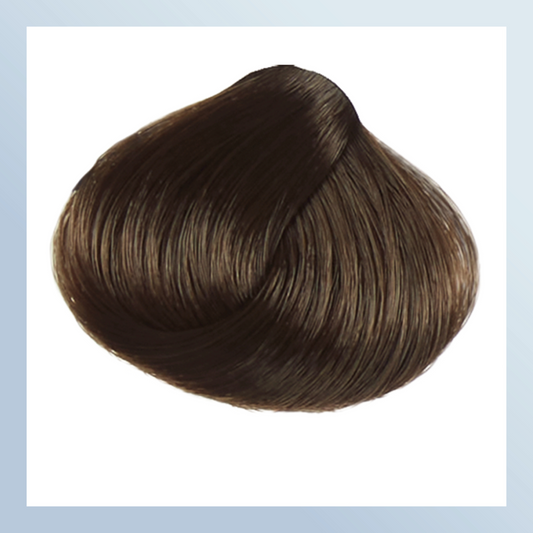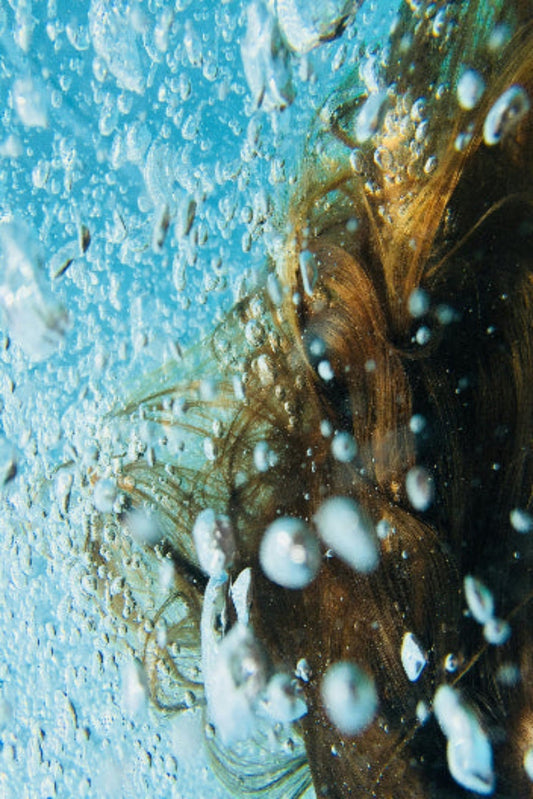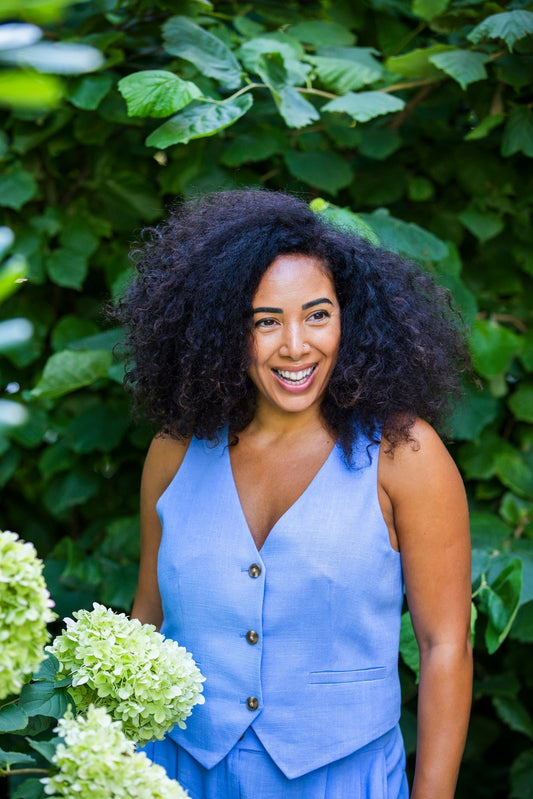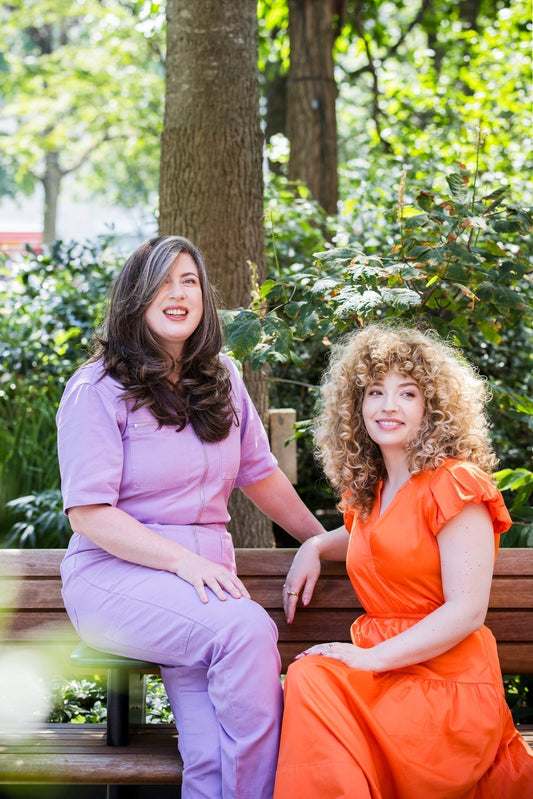WHAT HELPS HAIR LOSS DURING MENOPAUSE?
Discover Effective Solutions For Hair Loss During Menopause
During menopause, hormonal changes can contribute to hair loss. However, several remedies and lifestyle changes can help mitigate hair loss and promote healthier hair growth.
Menopause and the changes it has on women’s bodies are completely natural. After all, it’s a complex biological process. Common changes like hair loss can be particularly stressful but don’t worry, there are things that can help. It’s important to address the signs of menopausal hair loss as soon as possible, so you can have the best chances of nurturing your hair through such a life-changing time.
Causes Of Hair Loss During Menopause
- Hormonal changes:
- Oestrogen and progesterone play a big part in hair growth. Lower levels of these hormones can affect the hair follicles, leading to hair thinning and loss.
- Genetic factors:
- If there is a family history of hair loss, the chances of it cropping up in menopause may be higher.
- Age-related changes:
- As women age, hair follicles become more sensitive to hormonal fluctuations. This can be a prominent contributor to increased hair shedding and reduced hair volume.
- Other potential factors:
- Stress, medical conditions, and poor hair care can also impact menopausal hair loss. For instance, high-stress levels can accelerate shedding.
Tips For Preventing Menopausal Hair Loss
- Maintain a balanced diet: Eating right can seriously help hair health. Include foods rich in iron, biotin, and omega-3 fatty acids, like leafy greens, eggs, fish, nuts, and seeds. If you can’t get enough into your diet, adding vitamins to your routine can help.
- Practice good hair care habits: Be gentle, and avoid tight hairstyles, excessive brushing or heat, and harsh products. Use mild products suitable for your hair type. Only use products for sensitive scalps that reduce DHT which is the most common cause of hair loss in men and women. DHT is an invisible film on the scalp that starves the follicle of oxygen needed for healthy hair growth.
- Manage Stress: Stress contributes to hair loss. Try and relax by doing yoga, practising deep breathing, or meditation to reduce stress levels and promote overall well-being.
- Regular exercise: Exercising regularly improves blood circulation, including to the scalp, helping to nourish hair follicles. Adults need at least 30 minutes a day, it doesn’t need to be rigorous. Anything that gets your heart rate up is going to have positive effects.
Natural Remedies
Before starting any herbal remedies or supplements, please consult a healthcare professional to make sure of their safety and effectiveness for your specific needs.
Herbal remedies and supplements:
- Saw palmetto extract: Believed to block the production of an enzyme that converts testosterone into a stronger form, which contributes to hair loss.
- Evening primrose oil: Rich in essential fatty acids, it may reduce inflammation and promote hair growth.
- Biotin supplements: Also known as vitamin B7, it supports hair health and growth.
Essential oils for hair growth stimulation:
- Rosemary oil: Used to stimulate hair growth and thickness by improving circulation to the scalp.
- Lavender oil: Lavender has calming effects and reduces stress. It also has antibacterial properties which can improve scalp health.
Essential oils are very potent, so make sure to dilute them with carrier oils.
Scalp massage techniques for improved circulation:
- Traditional: Gently, only with the fingertips and light to medium pressure, in small circular motions. 5 minutes, multiple times per day.
- Whilst washing hair: The same as above except with shampoo or conditioner in your hair, and rinse. Great for those who co-wash.
- Brushes and tools: Scalp massagers can be great for consistency, and a good alternative to fingers if your hands might struggle a little.
Medical Interventions For Severe Menopausal Hair Loss
- Hormone Replacement Therapy (HRT): This involves medications containing oestrogen and progesterone to balance hormone levels, slowing down the hormonal effects causing hair loss.
- Topical medications (ie. minoxidil): Minoxidil is a topical medication that when applied to the scalp, promotes growth and reduces thinning.
- Platelet-Rich Plasma (PRP) Therapy: A concentrated solution of platelets (containing growth factors) from the patient's blood is injected into the scalp.
- Low-level Laser Therapy (LLLT): Red light stimulates the follicles. It’s a non-invasive treatment and enhances cellular activity to get hair back to its former quality.
Hair loss can be distressing, but the sooner you take action, the better your hair will be during this time. Look after yourself in all aspects, including diet, managing stress, hair care, and seeking a pro’s opinion when you need it.
Book An Appointment Today
To revitalise your hair health during menopause, visit Natural Colour Works, a renowned hair salon offering expert solutions and treatments tailored to your needs.
